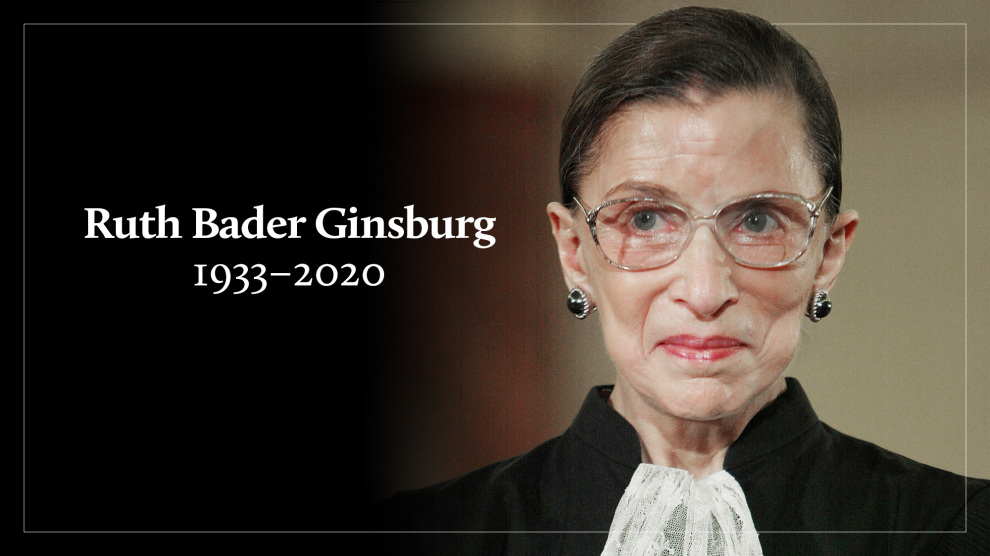
We are so very sad to report that Supreme Court Justice Ruth Bader Ginsburg passed away on Friday, September 18, 2020, at the age of 87.
She had served on the Supreme Court since August of 1993, having been appointed by President Clinton, and at the time of her passing had served second-longest of the current members of the court.
We don’t usually write memorials for political figures, or celebrities outside of Hollywood. Even then, the site would be overwhelmed if we wrote tributes to everyone we loved. We limit these obituaries to those who are tied to the Cosmique Movie Awards themselves through personal nominations or, sometimes, their nominated body of work.
But in her case, Justice Ginsburg meets our criteria, having been the subject of both a Cosmo-nominated feature film and a Cosmo-winning documentary, as well as personally receiving a Cosmique Movie Awards nomination.
Early Years

Joan Ruth Bader was born in Brooklyn, New York, on March 15, 1933. She graduated from James Madison High School the day after her mother tragically passed away from cancer.
She received her bachelor of arts degree from Cornell University, graduating as the highest-ranking female student in her class. It was at Cornell where she met Marty Ginsburg, whom she married in 1954.
In the fall of 1956, Ginsburg enrolled in Harvard Law School, one of nine women in a class of 500. The dean of the law school famously asked her, “Why are you at Harvard Law School, taking the place of a man?” When Marty took a job in New York City, she transferred to Columbia Law School and completed her degree in 1959.
Though she had tied for first in her class and was the first woman in history to work on two famous law journals, the Harvard Law Review and the Columbia Law Review, she could not find a job in her field. She was eventually hired as a law clerk for U.S. District Court Judge Edmund L. Palmieri after one of her law professors threatened to never recommend another graduate to him if he passed her over for being a woman.
Legal Career
After her clerkship, she worked as a research associate and then an associate director of the Columbia Law School Project before becoming a professor of Rutgers Law School — where she was explicitly told she would be paid less because she was married and her husband had a good job. She received tenure in 1969, and later taught at Columbia Law School from 1972 to 1980.
During the same period, she was also working at the American Civil Liberties Union. She co-founded the ACLU’s Women’s Rights Project in 1972 and became its general counsel in 1973. Some of the cases she worked on included: Reed v. Reed (1971), in which the Supreme Court extended the protections of the Equal Protection Clause of the Fourteenth Amendment to women; Moritz v. Commissioner (1972) on behalf of a man who had been denied a caregiver deduction because of his gender; Frontiero v. Richardson (1973), which challenged a statute making it more difficult for a female service member to claim an increased housing allowance for her husband than for a male service member seeking the same allowance for his wife; Weinberger v. Wiesenfeld (1975), where she represented a widower denied survivor benefits under Social Security, which permitted widows but not widowers to collect special benefits while caring for minor children; Craig v. Boren (1976), which challenged an Oklahoma statute that set different minimum drinking ages for men and women; and Duren v. Missouri (1979), which challenged the validity of voluntary jury duty for women, on the ground that participation in jury duty was a citizen’s vital governmental service and therefore should not be optional for women.
Judicial Career
In April of 1980, President Jimmy Carter nominated Gisburg to the United States Court of Appeals for the District of Columbia Circuit, where she earned a reputation as a moderate.
Then in 1993, President Bill Clinton nominated her to the U.S. Supreme Court, his first of two nominations to the top court. She was confirmed by a 96 to 3 vote on August 5, 1993, becoming the second woman after Sandra Day O’Connor to serve on the Supreme Court.
The Notorious R.B.G.
When O’Connor retired in 2006, Gisburg became the only woman on the court until Sonia Sotomayor was appointed in 2009 and Elena Kagan was appointed in 2010. John Paul Stevens’ retirement in 2010 left her as the most senior member of the court’s “liberal wing.” This gave her the opportunity to assign to herself, when she wished, authoring the dissents when just the “liberal” justices were in the minority, and it was her fiery dissents that helped elevate her to become a pop culture icon.
Two films, both in 2018, helped cement that pop icon status and brought her into the Cosmique Movie Awards family.

On the Basis of Sex was a feature film written by Daniel Stiepleman (who is Ginsburg’s nephew) and was directed by Mimi Leder. It starred Felicity Jones as Ginsburg, following the future Justice’s legal education years and early legal career with the ACLU, particularly with the Moritz v. Commissioner lawsuit. It co-starred Armie Hammer as her husband, Marty Ginsburg, along with Justin Theroux, Jack Reynor, Cailee Spaeny, Sam Waterston, and Kathy Bates in supporting roles.
It was critically well-received, and has a Rotten Tomatoes approval rating of 74%. Jones received Oscar buzz for her starring role but did not receive a nomination. The film did, however, receive two Cosmique Movie Award nominations:
- Best Historical Film of 2018
- Favorite Female Empowerment Film of 2018
It lost the former to Green Book and the latter to RBG, a documentary about…Ruth Bader Ginsburg.

RGB was a feature-length documentary also released in 2018 produced and directed by Betsy West and Julie Cohen. The documentary received numerous accolades, including winning awards from the National Board of Review and nominations from the BAFTAs. Oddly enough, it received both Emmy and Oscar nominations, the latter for Best Documentary (losing to Free Solo) and Best Original Song for “I’ll Fight,” written by Diane Warren and sung by Jennifer Hudson (losing to “Shallow” from A Star is Born).
It received three Cosmique Movie Award nominations, winning two of them:
Cosmos Won
- Best Documentary Film of 2018
- Favorite Female Empowerment Film of 2018
Cosmos Lost
- Favorite Female Heroic Character of a 2018 Film – Ruth Bader Ginsburg
Ginsburg lost the latter to Jamie Lee Curtis for Halloween (2018).


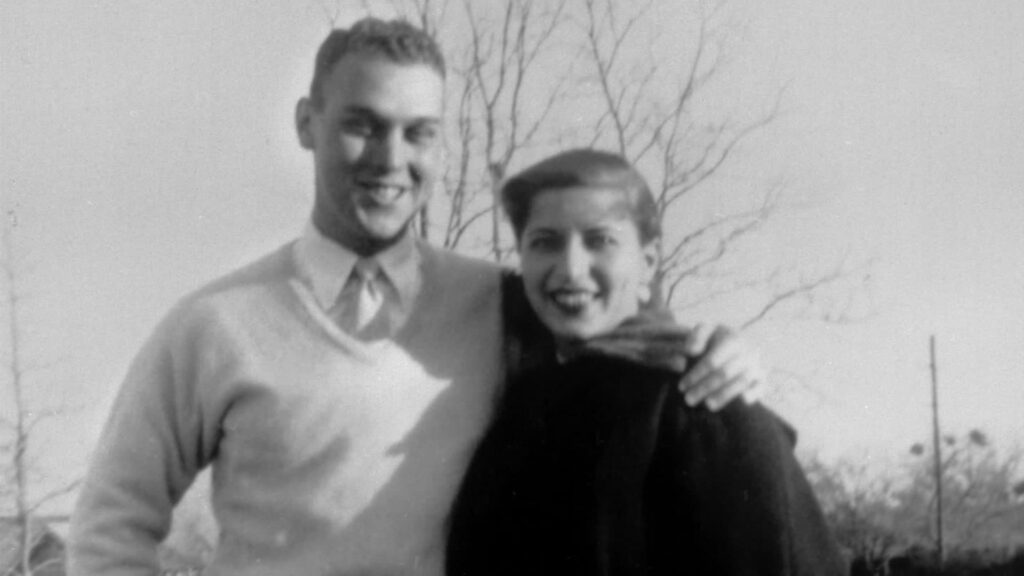
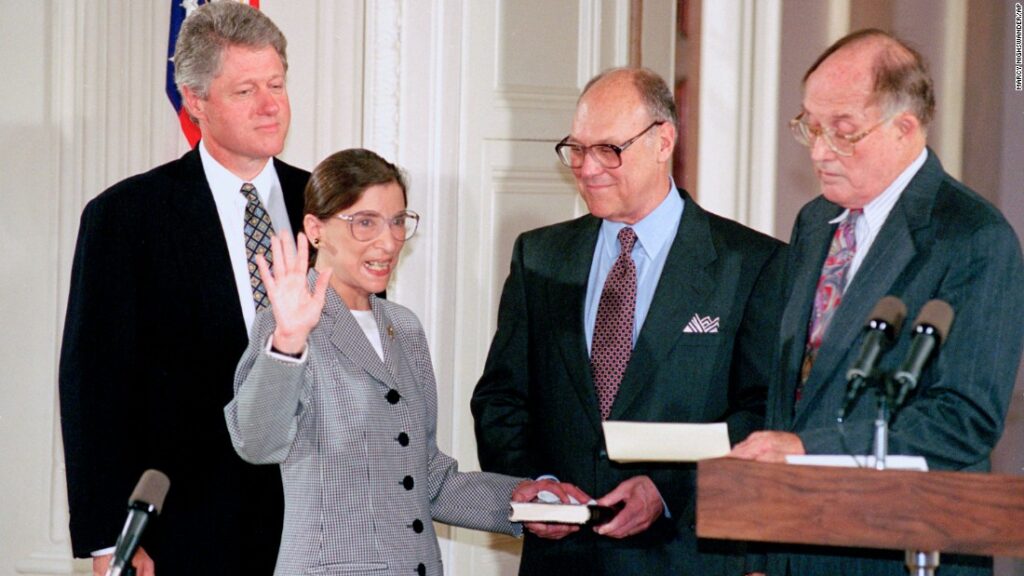
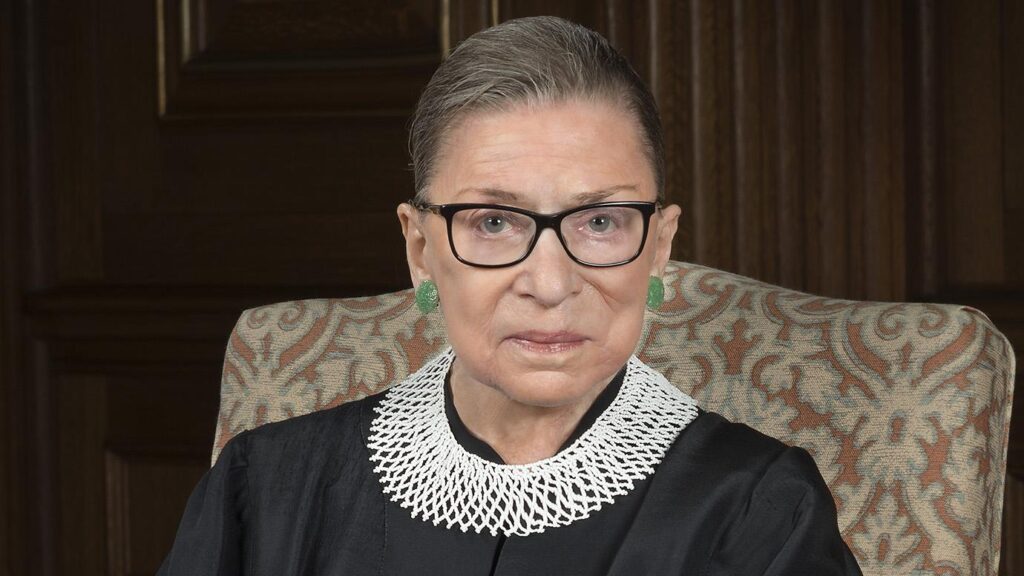
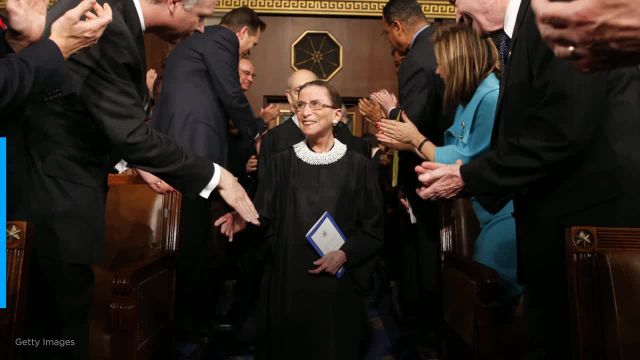
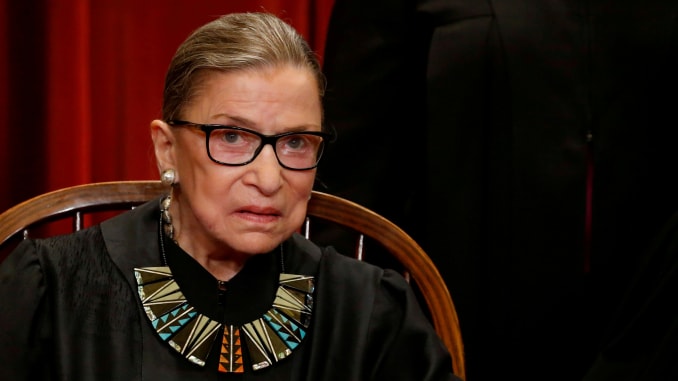
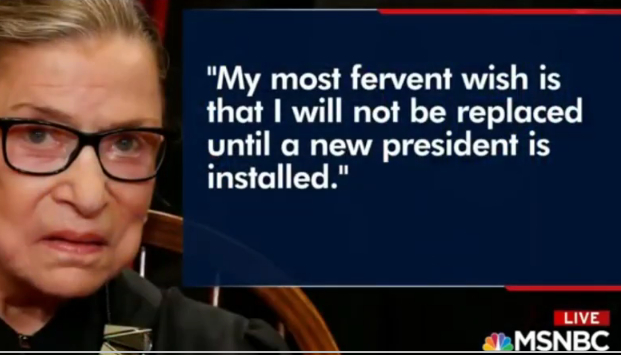
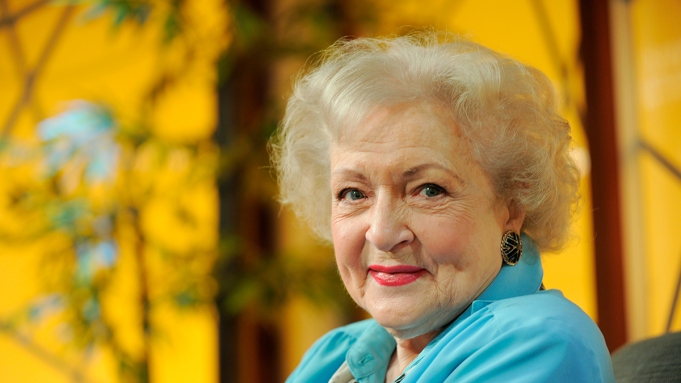

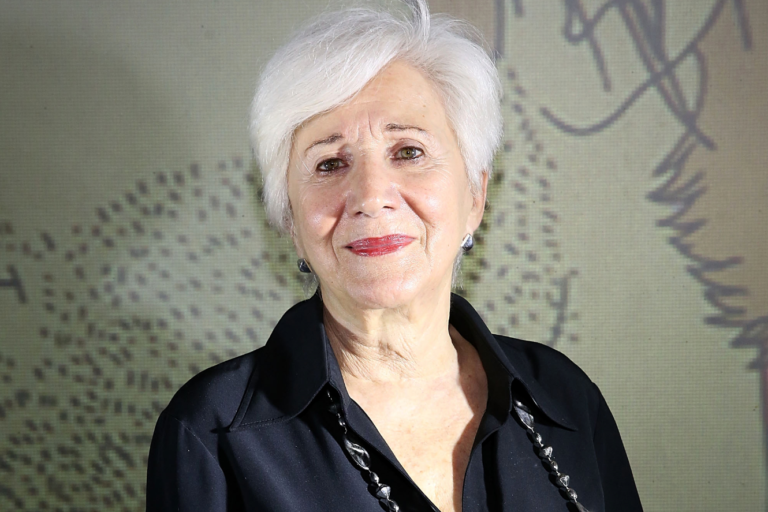



Recent Comments